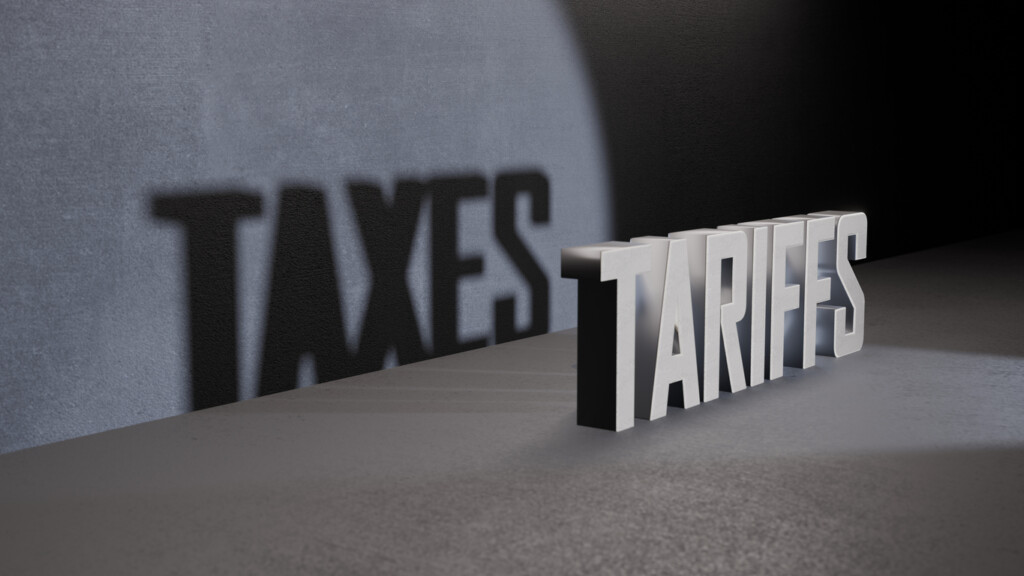
By Zachary Murphy-Rogers, TEP and Sarah Tang
The recent introduction of tariffs has contributed to global economic uncertainty, leading to a decline in the value of many investment portfolios and privately held businesses. For Canadians, this may be an appropriate time to revisit estate and succession planning.
While market volatility brings challenges, it may also present a valuable opportunity to reduce future tax exposure. One commonly used strategy – an estate freeze – allows business owners and investors to lock in today’s lower asset values for tax purposes. This can help manage capital gains tax on death, reduce probate fees for an estate, and preserve wealth for children and future generations as part of a well-considered estate plan.
What Happens to Your Taxes When You Die?
In Canada, when someone passes away, their assets are considered sold at fair market value, which can lead to a large capital gains tax. This includes everything from investment portfolios to family-owned businesses. Without proper estate planning, this tax burden can significantly reduce the inheritance left for children or other beneficiaries. Using tax planning strategies like an estate freeze can help reduce taxes on death and ensure more of your wealth is preserved for future generations.
How an Estate Freeze Can Reduce Taxes and Protect Family Wealth
An estate freeze is an estate planning strategy in Canada that allows the owner of an asset – typically shares of a private corporation or an investment portfolio – to lock in the current value of that asset for tax purposes, while passing future growth to the next generation.
This is typically implemented through a corporate reorganization, where the business owner transfers the asset to a corporation on a tax-deferred basis using rollover provisions under the Income Tax Act. In return, the corporation issues fixed-value preferred shares to the owner, reflecting the asset’s current fair market value. Family members – such as children or a family trust – can then subscribe to common shares of the corporation to benefit from any future growth in the business or investment value.
Given the current economic climate, including the decline in asset values linked to global tariffs, this may be an opportune time to consider an estate freeze. Locking in asset values now could help reduce capital gains tax at death, support intergenerational wealth transfer, and minimize probate fees payable by the estate.
The Use of Family Trusts in Estate Planning
Business owners who are concerned about high taxes on death – but not yet ready to step away from their company – may consider using a family trust as part of an estate freeze. A family trust can allow future growth of the business to be passed on to loved ones while enabling the owner to retain control and decision-making authority.
Freezes and Re-Freezes
What if you’ve already completed an estate freeze? Given the recent decline in business values, you may be able to implement a “refreeze”. A refreeze resets the value of previously frozen shares to today’s lower fair market value, which can further reduce capital gains tax owing at death, probate fees, and enhance the overall tax efficiency of your estate plan.
Takaway
If you’re thinking about how to structure your estate in a tax-efficient way, strategies like an estate freeze or refreeze may help you lock in current asset values – aligning your estate plan with today’s market conditions. These tools are commonly used in Canada to support business succession planning, reduce future tax exposure, and preserve more of your legacy for your family.
If you haven’t reviewed your estate plan recently, or are unsure whether now is the right time to act, reach out to Zachary Murphy-Rogers, Sarah Tang, or any member of our Tax Group or Estates & Trusts Group to discuss your options.




